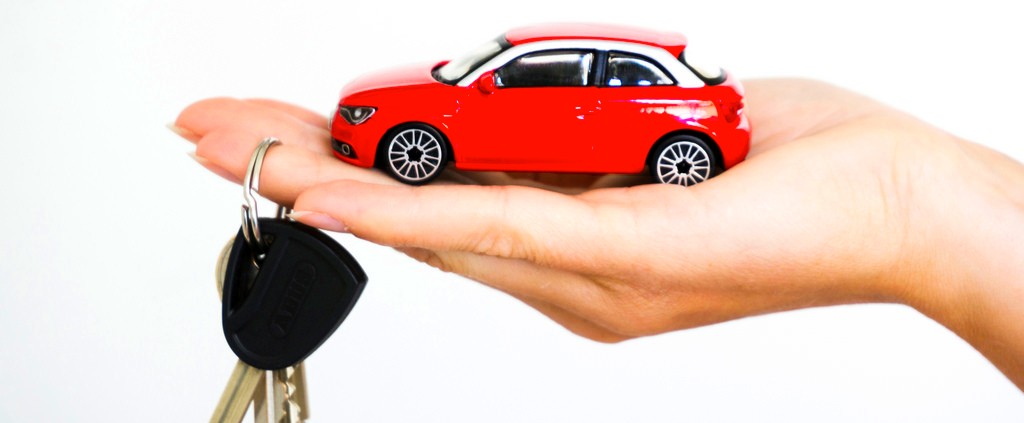
Leasing a car entails renting it for a set duration, typically 24 to 48 months. At the lease term’s end, you can return the vehicle, buy it, or lease another one. Monthly payments for leased cars are often lower than car loans, which appeals to individuals with limited budgets.
Advantages of leasing a car
- Enjoying lower monthly payments – Leasing often offers reduced monthly costs compared to purchasing the exact vehicle outright, making it an attractive option for those seeking newer models without the hefty price tag.
- Embracing newer models regularly – Leasing allows for frequent vehicle upgrades, ensuring access to the latest features and technology, a perk cherished by enthusiasts of cutting-edge automotive innovation.
- Cutting maintenance expenses – Many lease agreements cover scheduled upkeep like oil changes and routine inspections, leading to savings on regular vehicle maintenance expenses.
- Exploring potential tax advantages – Leasing may provide tax benefits for businesses and self-employed individuals, possibly deducting a portion of lease payments as a business expense, subject to individual tax circumstances.
Buying a car
Whether through cash payment or financing with a car loan, car purchasing results in full vehicle ownership. This grants greater autonomy and influence over the car but entails a more significant initial expenditure and a prolonged financial obligation.
Advantages of buying a car
- Ownership and control – When you buy a car, you own it, which means you have complete control over it and can make any modifications or customizations you desire.
- No mileage restrictions – No limits on the miles you drive when you own a car, unlike with a lease.
- Potential for resale value – If you take good care of your car and maintain it properly, you sell it for a decent price, recouping some of your initial investment.
- Long-term cost savings – Over the car’s life, the total cost of ownership may be lower than repeatedly leasing new vehicles.
Comparing car insurance costs
When considering the financial implications of leasing vs. buying a car, it’s essential to factor in the cost of car insurance. Generally, leased cars have higher insurance requirements than owned vehicles. Leased cars often require higher levels of coverage, such as comprehensive and collision insurance, as the leasing company wants to protect their investment. This results in higher monthly Mr Kumka insurance premiums than buying a car outright. When you own a car, you have more flexibility in choosing your insurance coverage levels, potentially resulting in lower overall insurance costs. However, it’s important to note that the age and value of the vehicle also impact insurance rates, regardless of whether you lease or buy.
Car loan considerations
- Interest rates – The interest rate on your car loan significantly impacts the total cost of the vehicle over the life of the loan.
- Loan terms – Typical car loan terms range from 3 to 7 years. Longer terms may result in lower monthly payments, but you’ll pay more interest over time.
- Down payment – A larger down payment lowers your monthly payments and reduces the overall interest you’ll pay on the loan.
- Credit score – Your credit score affects the interest rate and loan terms you qualify for. Improving your credit before applying for a car loan can save you money.
The decision to lease or buy a car comes from your financial situation, long-term goals, and driving needs. By carefully weighing each option’s pros and considering the associated costs, you make an informed decision that aligns with your financial priorities.
